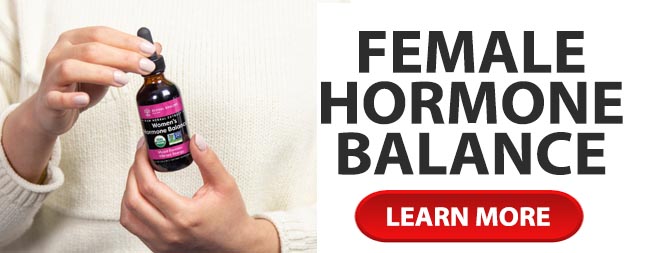The age of fertility. . . it\’s a question that plagues women older than 30 and younger than 16. The likelihood of getting pregnant decreases significantly when a woman reaches age 30 and reaches 5% when she gets to 45 years of age. Interestingly the age at which the percentage of women who suffer from infertility rises drastically is age 40.
In their 20s women have an 86% chance of getting pregnant within the first year of trying which drops to 52% by age 35 and 36% by age 40. The likelihood that a woman is infertile is 3% at age 20, rising to 8% by age 30%,15% by age 35 and jumping to 32% by age 40. (1)
When considering infertility the real question and issue is the quality and quantity of eggs which are produced over each month. This quality translates into the quality of child after fertilization. In other words women who become pregnant over the age of 35 have a greater risk of miscarriage because the infant was not viable, or able to live outside the womb.
Many women are now putting off having their families until later years in order to put their careers on track. By waiting until they are 30 or 35 there are a greater percentage of women who will require infertility treatments and consultations with reproductive specialists. Unfortunately, there is also an unrealistic expectation that medical science can undo the effects that aging has had on a woman\’s reproductive system.
A successful pregnancy, even with treatment, is really related to the age of the woman, especially when using her own eggs. When donor eggs are being used, the age of the egg donor is an important issue. Interestingly, the age of the woman receiving the eggs does not seem to affect the chance for success which means that the age of the egg is most important and the age of the uterus is not.
While it would be nice to have a reliable test in order to determine the quality of eggs an individual woman has that any specific points there is no conclusive tests at this point. There are some screening tests for what is called \”ovarian reserve\” but they also are far from perfect. Most of the tests for ovarian reserve evaluate the quantity of eggs that are remaining rather than the quality of those eggs.
Because a successful pregnancy depends not only on the age of fertility of a woman but also on the quality, it is important to evaluate and understand how age affects men. In a study published in the Journal of Fertility and Sterility researchers found that men over the age of 40 are also less fertile than men who are younger. The results showed that women who were younger than 30 are 25% less likely to have a baby if her partner was 40 years old and older. (2)
There is more evidence now that the age of the man at conception will affect the women\’s ability to become pregnant which means that men also have their own biological clock.
Following in the footsteps of the death of the world\’s oldest mother who conceived her twins at age 65 using IVF (she lied about her age) questions have arisen as to how old should women be before infertility treatments are unavailable. At this time that question remains in the hands of the infertility clinics and physicians who are willing to treat women and couples.
The bottom line is that fertility drops with age, both for men and women. The most fertile time in a woman\’s life is between age 16 and 25 and from there the percentages only get smaller. A man\’s fertility doesn\’t seem to be adversely affected until he reaches his mid-to upper 30s. In any case, these statistics should help to guide couples when they are planning their families – when to take maternity leave and when to consider infertility treatments.
(1) BabyCenter: Chart The Effect of Age on Fertility
(2) Fertility and Sterility: Fathers ove40 and Increased Failure to Conceive: the Lessons of in Vitro Fertilization in France

